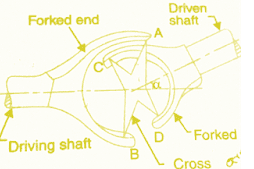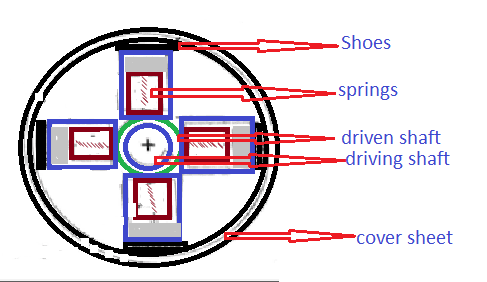Dalton’s law of partial pressure states:
the total pressure of a mixture of gases occupying a given volume is equal to the sum of the pressures of each gas, considered separately, at constant
temperature.
The pressure of each constituent gas when occupying a fixed volume alone is known as the partial pressure
of that gas.
An ideal gas is one that completely obeys the gas laws. In practice no gas is an ideal gas, although air is very close to being one.
For calculation purposes the difference between an ideal and an actual gas is very small.


